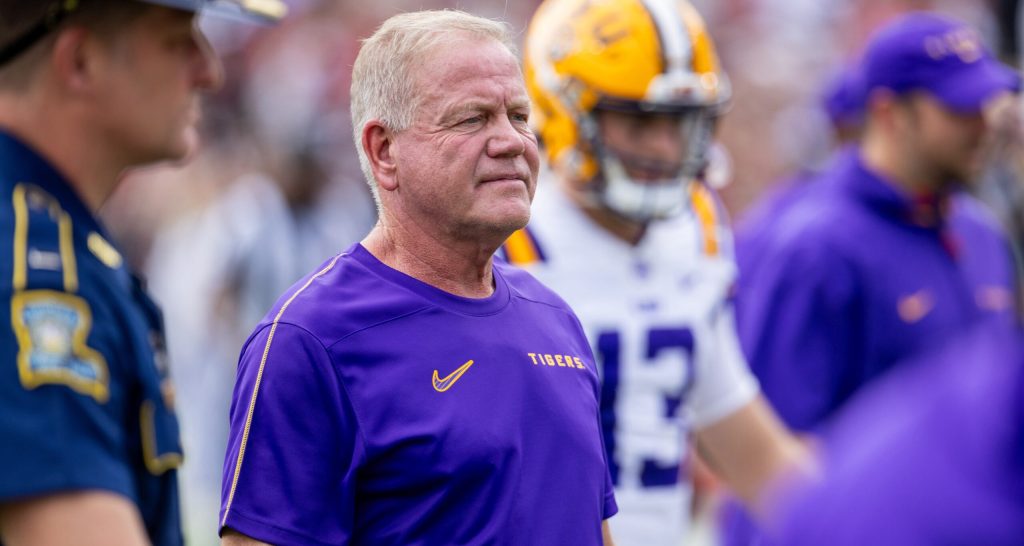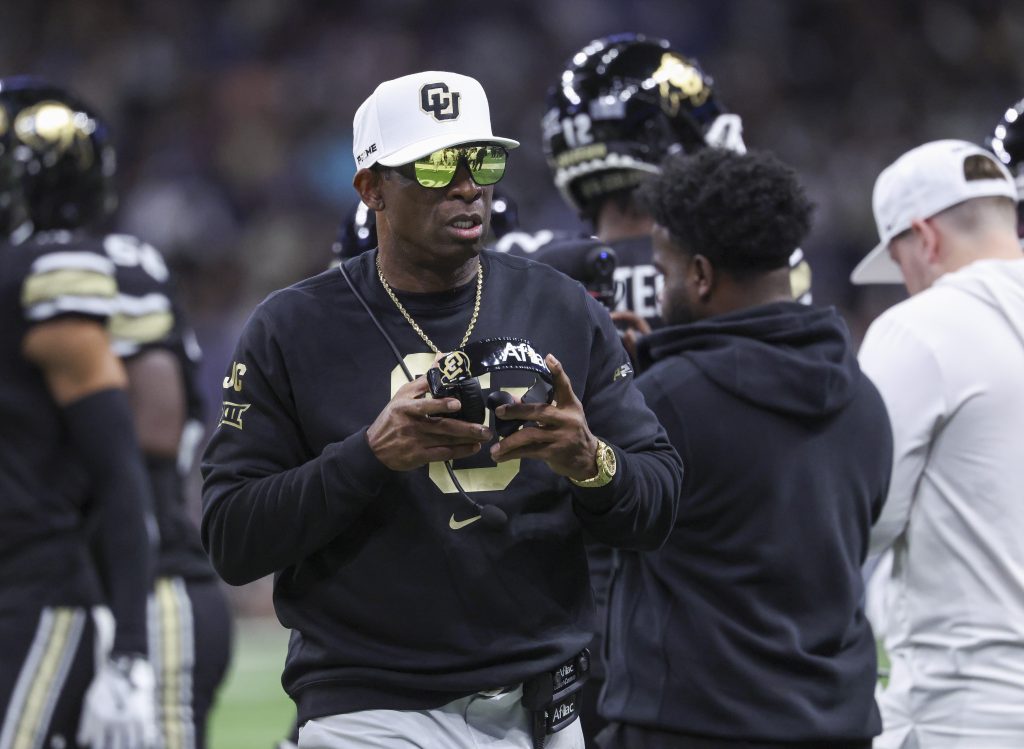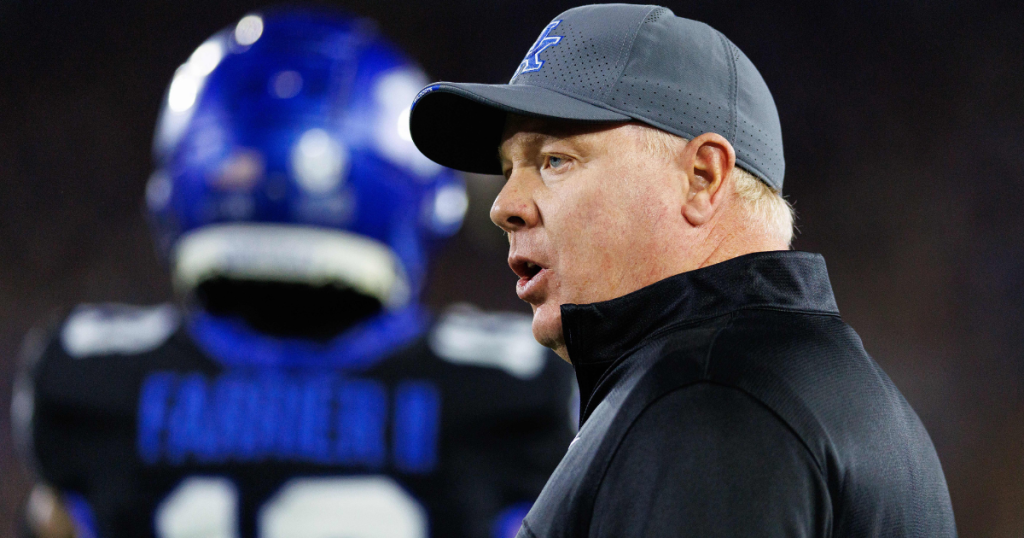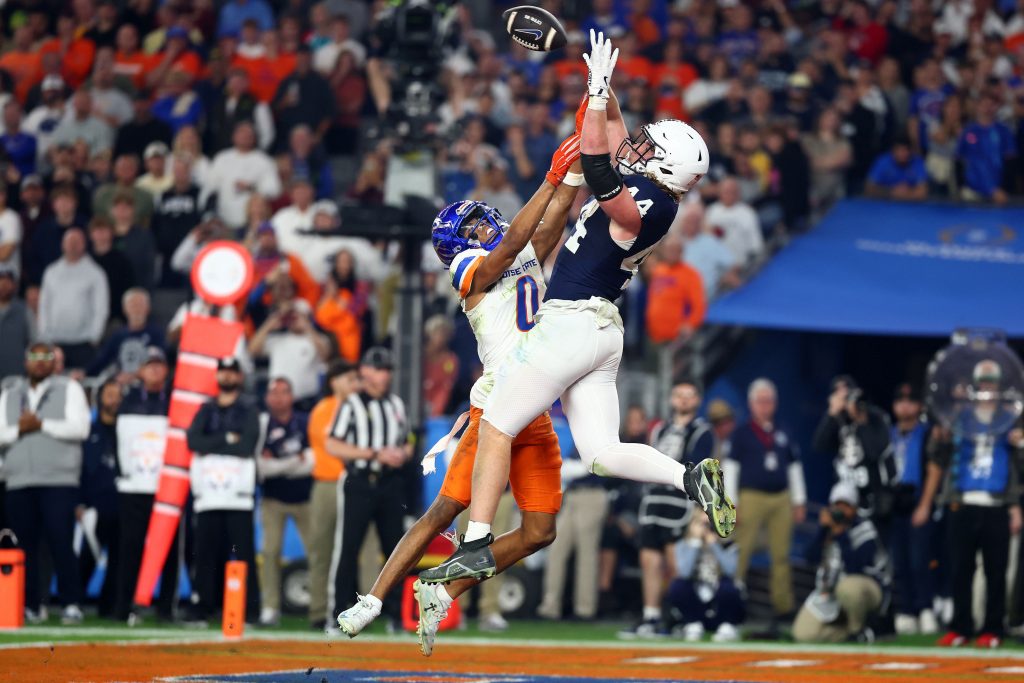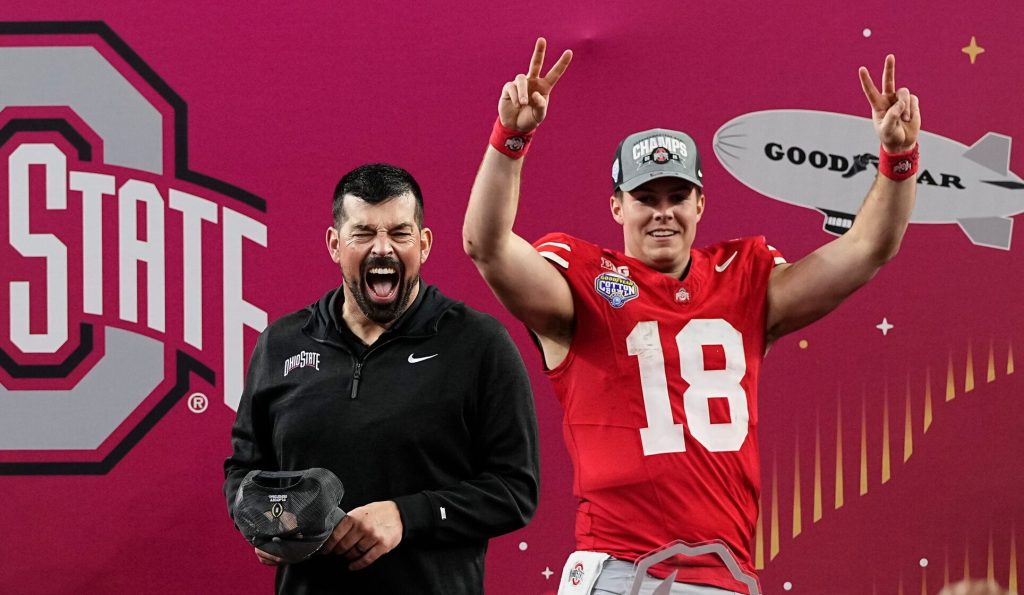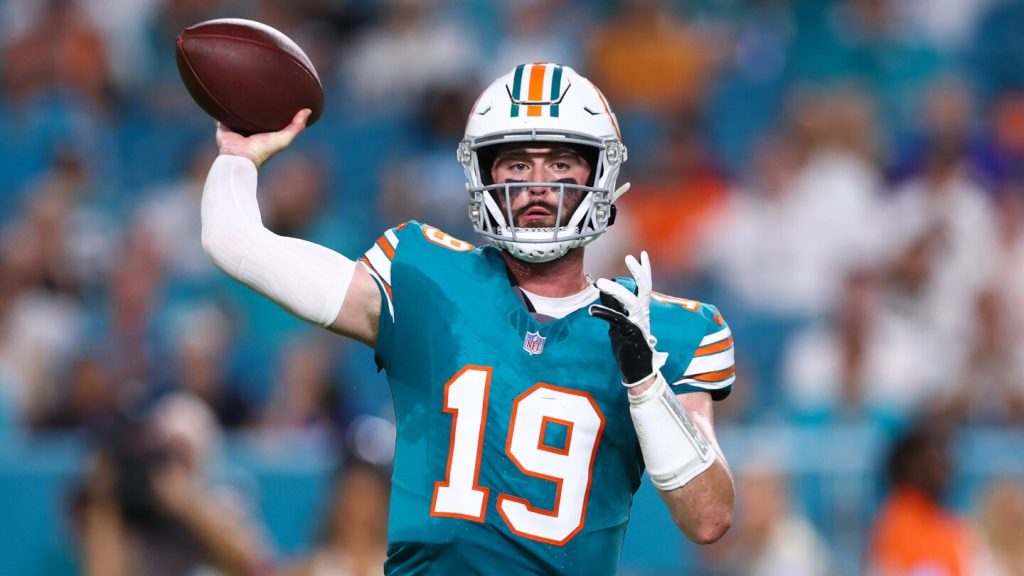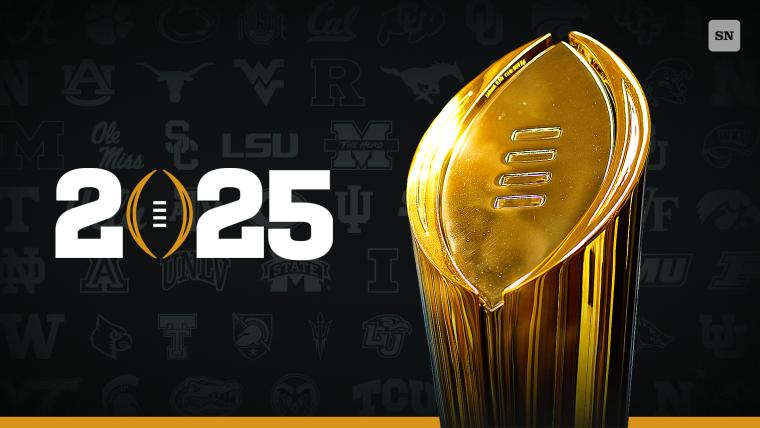When LSU coach Brian Kelly took the podium for his National Signing Day press conference on Wednesday, he didn’t hold back in expressing the challenges and changes that have come with the evolving landscape of college football recruiting. He described the past week as a whirlwind, unlike anything he had experienced before.
Changes in the Recruiting Landscape
This year’s National Signing Day brought significant shifts that have left coaches and fans alike adjusting to a new reality. For one, the event now coincides with Championship Week, marking an earlier timeline than in previous years. Perhaps the most striking change, however, is the move away from traditional Letters of Intent. As reported by On3’s Pete Nakos, signing bonuses are “becoming the norm,” which has dramatically altered how recruits and schools approach the signing process.
Brian Kelly reflects on a new era
“Today feels more like Tax Day than it does Signing Day, scrambling the last few days,” Kelly remarked at the start of his opening statement. He emphasized that this recruiting period is unlike any he has ever been involved in, highlighting the need for adaptation in this new era of college football.
Kelly pointed out that recruits are now prioritizing different factors when choosing a school. The impact of the NIL (Name, Image, Likeness) era is undeniable, and he noted that LSU must evolve to meet these new expectations. “I would be remiss if I didn’t say that, as I mentioned in my opening remarks, this is a new landscape that we are in in recruiting,” he stated.
The financial aspect of recruiting
“It’s not just about finding the right fit academically,” he continued. “It’s not just about finding the right fit where you can develop holistically and graduate and play for a championship. It’s about [what’s] the most money I can get, and that’s unfortunate.” This stark reality underscores the necessity for coaches to adapt their strategies, realigning their focus to meet the demands of a new generation of recruits.
As of Wednesday at 5:35 p.m. ET, LSU had the No. 6-ranked class in the country, according to the On3 Industry Team Recruiting Ranking. This impressive ranking includes three five-star prospects, with the standout being Five Star Plus+ cornerback DJ Pickett, who is the No. 10 overall player in the 2025 cycle, according to the On3 Industry Ranking.
Notable absences and the impact of NIL
However, not all news was positive for LSU. A significant absence from the class is quarterback Bryce Underwood, the No. 1 overall recruit, who recently flipped his commitment to Michigan. Underwood is set to receive a lucrative NIL package, a move that illustrates the shifting priorities for top recruits in today’s college football landscape.
In discussing the recruits who chose not to stick with LSU, Kelly acknowledged the challenges posed by this new environment. “We have a class that is going to be represented in somewhere near 24, 25,” he explained. “There is still more that we think that is going to be added to this class in terms of freshmen. But many of those were committed prior to their senior year, in-state committed to us – nine out of 10 of them. We did lose a few of them, and it wasn’t because we didn’t recruit those players and offered them the opportunity to develop here holistically in all the areas that I just mentioned.”
Adapting to the new world of college football
Kelly’s reflections on the recruiting process highlight the necessity for coaches to pivot and realign their strategies. “But we are in a new world,” he stated emphatically. “So we had to pivot, realign and find how we could best continue to build this class.”
This sentiment resonates deeply within the college football community. Coaches, players, and fans alike are grappling with the implications of NIL deals and the financial factors that now play a significant role in recruiting. It raises the question: How will traditional college football values hold up in the face of such financial pressures?
In this dynamic and rapidly changing environment, one thing is clear: college football is entering uncharted territory. Coaches like Brian Kelly are not only navigating the challenges of recruiting but also redefining what it means to build a successful program. The stakes have never been higher, and the landscape is evolving at a pace that demands adaptability and innovation.
As LSU prepares for the future, the focus will undoubtedly be on how to attract top talent while maintaining the integrity of the program. The balance between financial incentives and the traditional values of education and development will be a critical factor in shaping the next generation of college football stars.
With the new era of recruiting upon us, fans are left to wonder: What will the future hold for their beloved sport? Will the essence of college football endure, or will it be forever altered by the financial realities of the NIL landscape? Only time will tell, but one thing is certain: the game is changing, and those who adapt will thrive.

